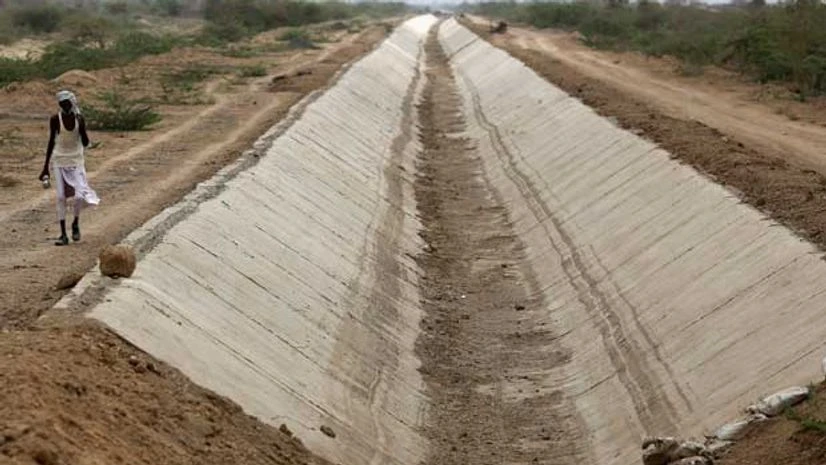India and the European Union (EU) have developed a cost-effective technology for irrigation of crops with sewage water, especially in rural areas, using natural filters like sand and plants.
The project involves collecting the sewage waste before it reaches the water bodies and then treat it using natural filters like sand, gravel, pebbles and plants to remove the impurities.
Under the project, many wetland plant species, such as Canna indica, lemon grass, napier, para grass, typha, water hyacinth, water lettuce and a weed species Agaratum conyzoides, have been identified for purifying the wastewater.
More From This Section
The project has been undertaken in Karnataka, Maharashtra, Telangana, Uttar Pradesh and Madhya Pradesh.
"This is a cost-effective method to not only use the sewage, but also effectively use the water in rural areas," said Suhas Wani, Project Leader and Director, Asia Region, International Crops Research Institute for the Semi-Arid Tropics (ICRISAT) — one of the partnering institute in the project from India.
It would cost anywhere between Rs 3-5 lakh to build a facility like this in an area housing 2000 people, Wani said.
"We have also written to the PMO (Prime Minister Office) if we could integrate this with the Swachch Bharat Mission as it also involves treating of waste water," she added.
The reuse of treated wastewater to irrigate fields has shown increased yields of up to 40% in crops such as okra, brinjal and chilli plant as compared to those irrigated by fresh water.
The 'Water4crops' is one of the largest technology initiatives between India-EU. India has contributed 3 million euros to the project and the EU 9 million euros.
The EU consortium includes 21 partners from 8 countries while the Indian consortium has 11 research and development partners led by the ICRISAT.

)
